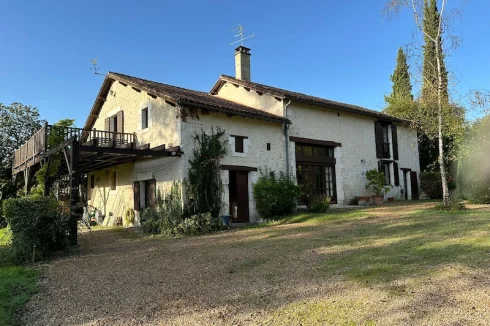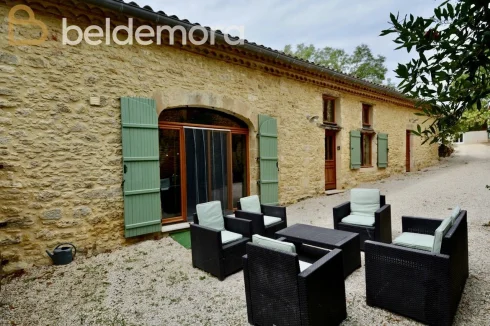Social Security Relief for Business Start-Ups
Friday 07 December 2018
Small business start-ups in France are to be granted relief from social security contributions.
The burden of social security contributions (cotisations) on business owners has historically been a huge problem in France, extracting over 40% of net profits.
The issue has been particularly painful one for new businesses, who have been required to pay a minimum level of contributions, irrespective of profits, substantially impacting on cash flow, and frequently resulting in business closure.
Over the past decade successive governments have sought to ease the burden, most notably with the creation of the micro-entreprise tax structure, which simplified the system and allowed business owners to 'pay-as-you-go'.
The pace of change has been accelerated under President Macron, who has made it one of the priorities of his presidency to create a more accommodating environment for business creation and growth.
Amongst those measure has been a reduction in social security contributions, the latest of which are to apply to business creation.
To introduce the change, the government have decided to extend to all new start-ups a scheme that was previously only available to the unemployed and young persons.
Previously known as ‘ACCRE’ (Aide aux Chômeurs Créateurs ou Repreneurs d’Entreprise), it is to be re-baptised as ‘Exonération de début d’activité de création ou reprise d’entreprise’, the official acronym for which is eagerly awaited.
The relief takes two forms, depending on business tax status you have adopted, either the régime réel or micro-entreprise.
Régime Réel
Those who set up a business using the tax system of régime réel will obtain partial relief from social security contributions for one year, commencing from the date of business registration.
The relief is subject to an upper income limit.
The maximum profit to be eligible is approximately €40,000, but complete exemption is only possible if the net profit is no greater than approximately €30,000, above which it is granted on a sliding scale. With profit greater than €40,000 no relief is available.
In addition, certain charges are excluded from exemption such as the social charges CSG and CRDS, and the complementary pension and accident at work contributions.
Nevertheless, the overall effect is to reduce by over half the percentage level of cotisations that would otherwise be payable in the first year.
Micro-Entreprise
The relief operates in a different manner for those who set up their business as a micro-entrepreneur, due to the specific form of taxation used under this status.
They pay a fixed rate of contributions and obtain relief for the first three years of the business on a sliding scale.
In the first year there is a reduction of 75%, in the second year 50% and in the third year a reduction of 25%, with the full rate then payable in year 4, as follows:
| Social Security Rates | |||||
| Activity | Year 1 | Year 2 | Year 3 | Year 4 | |
| Commercial Sales | 3.2% | 6.4% | 9.5% | 12.8% | |
| Services | 5.5% | 11% | 16.5% | 22% | |
| Liberal (CIPAV) | 5.5% | 11% | 16.5% | 22% | |
The same profit limit (€40,000) applies for eligibility for a micro-entreprise, although in their case it is their turnover figure. However, unlike those in the régime réel the relief is not on a sliding scale by income level. The exemption limit is applied pro-rata to commencement date of the business in the first year.
Procedure
All registrations after 1st January will automatically be granted relief.
Thank you for showing an interest in our News section.
Our News section is no longer being published although our catalogue of articles remains in place.
If you found our News useful, please have a look at France Insider, our subscription based News service with in-depth analysis, or our authoritative Guides to France.
If you require advice and assistance with the purchase of French property and moving to France, then take a look at the France Insider Property Clinic.





